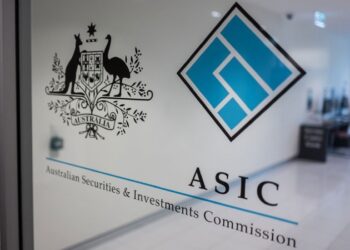ANZ yesterday announced the sale of its New Zealand asset finance business, UDC Finance, to Chinese HNA Group for NZ$660 million.
The announcement comes just days after the big four bank announced that it will sell its 20 per cent stake in Shanghai Rural Commercial Bank (SRBC) for $1.8 billion.
“Following this sale, ANZ will have minority stakes in three Asian financial services groups in Malaysia, Indonesia and China, with a combined book value around $3 billion as at 30 September 2016,” Morningstar analyst David Ellis said in a research note.
“We would not be surprised if these investments were also divested.”
ANZ’s two major sales this week come as the major banks face increasing pressure to hold adequate levels of capital. Mr Ellis explained that the divestment in SRCB will increase ANZ’s common equity tier 1 capital by around 40 basis points to 10 per cent, well above its target of around 9 per cent and above the regulatory minimum of 8 per cent.
“The divestment is consistent with the bank’s strategy of simplifying its business and narrowing the focus in its Asian operations on institutional business,” Mr Ellis said, adding that the sale follows the divestitures of five Asian retail and wealth businesses at the end of October last year.
“We expect ANZ Bank’s four remaining retail and wealth businesses in the Philippines, Vietnam, Cambodia and Laos, which are under review, to eventually be sold,” he said.
After taking over from Mike Smith in January 2016, ANZ CEO Shayne Elliott has been clear about the group’s intentions to unwind the ‘super-regional strategy’ that Mr Smith is famous for implementing.
Morningstar’s Mr Ellis noted that the bank was “back-tracking” on part of its Asian growth strategy with recent sales.
“We thought the super-regional strategy would, over time, be successful, but investors have not been patient and returns have disappointed,” he said.
“Progress to date has been good but not good enough. We have always called out the higher risks of the growth strategy, and it appears the experimental nature of the super-regional concept has caught up with reality.”
Read more:
Trump’s trade policy could have a ‘negative outcome’
Sovereign wealth funds look to private investments
Divergence in emerging market performance likely






